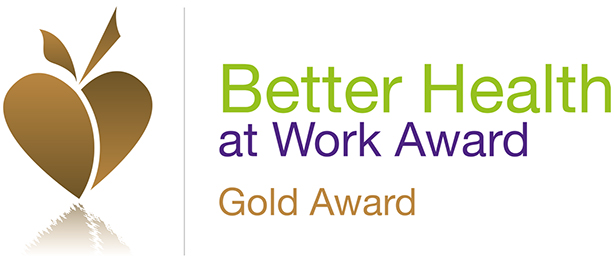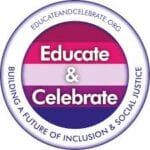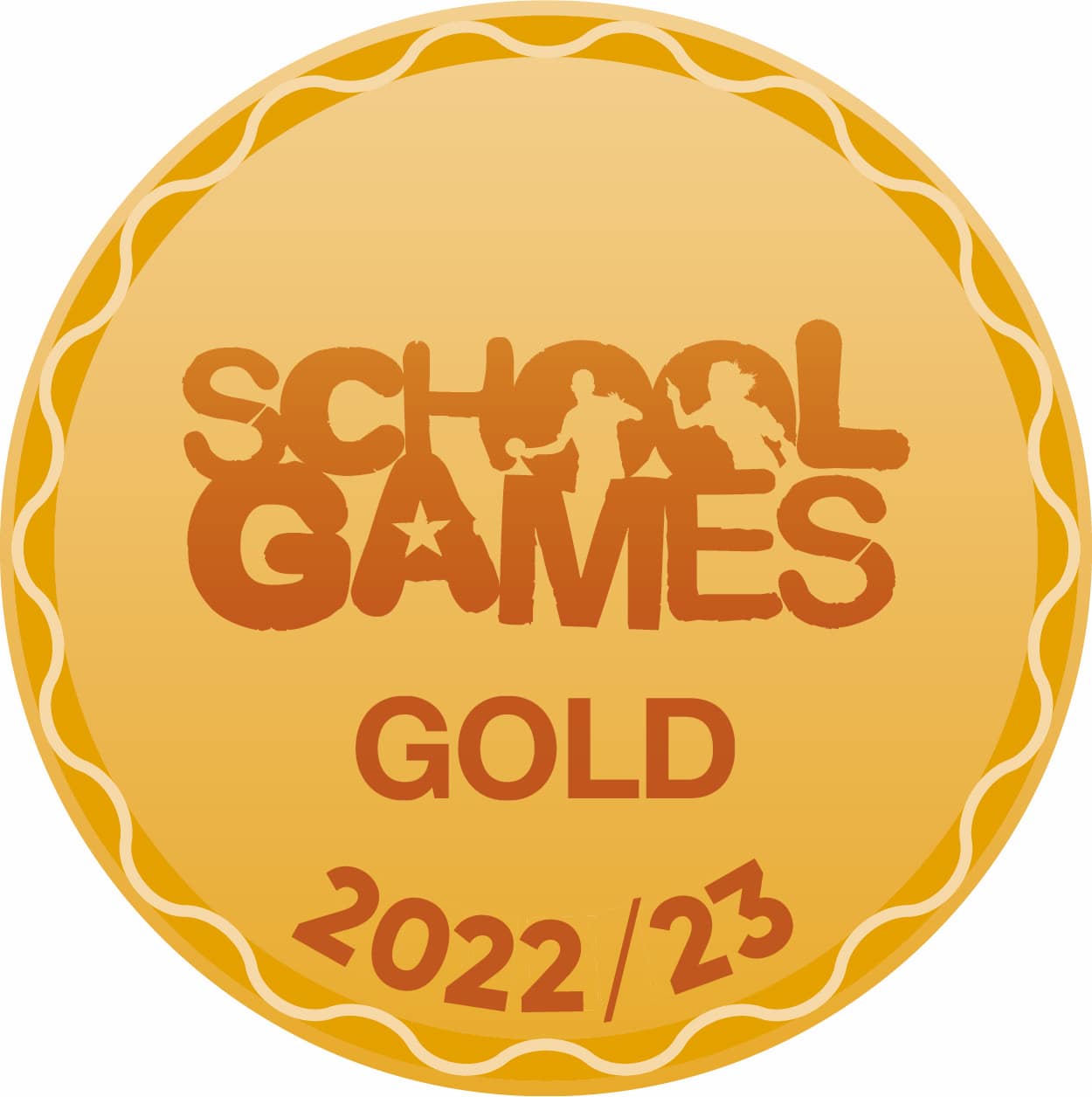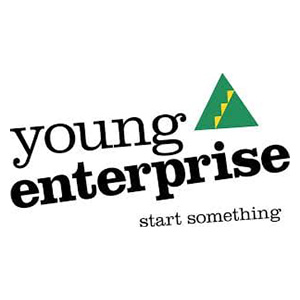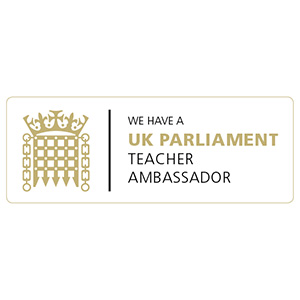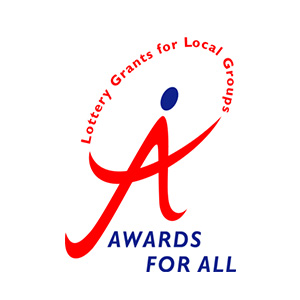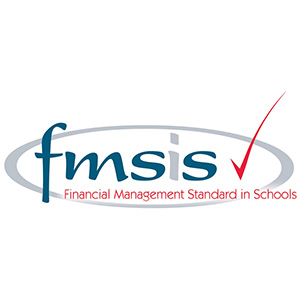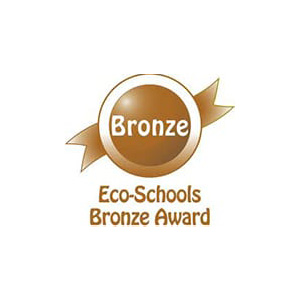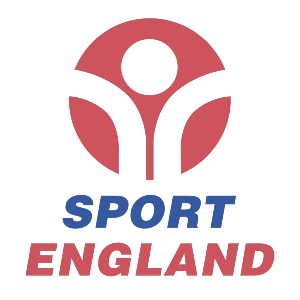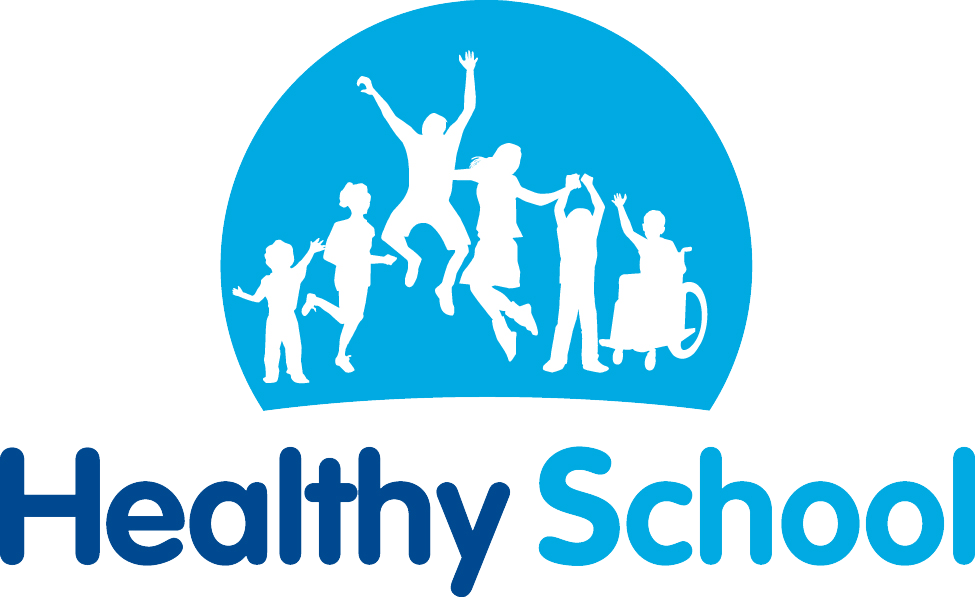The EYFS Framework (2012) explains how and what children in our EYFS will be learning to support their development.
Our EYFS pupils learn skills, acquire new knowledge and demonstrate their understanding through seven areas of learning and development.
Children in the EYFS should mostly develop the three prime areas first. These are:
- Communication and language;
- Physical development;
- Personal, social and emotional development.
These prime areas are those most essential for children’s healthy development and future learning. As children grow, the prime areas will help them to develop skills in four specific areas. These are:
- Literacy;
- Mathematics;
- Understanding the World;
- Expressive arts and design.
These seven areas are used to plan our EYFS children’s learning and activities. Our EYFS staff members teach and support the EYFS children, making sure that the activities taking place in the EYFS unit are suited to each child’s unique needs. This is a little bit like the curriculum in the rest of the school, but it is particularly aimed at and suitable for very young children; and it is designed to be really flexible so that the EYFS staff members can follow the children’s needs and interests.

